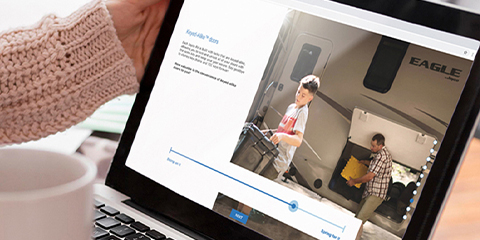How to View a Solar Eclipse While RVing
If you are anything like our family, you probably love hitting the open road to see one of the most spectacular celestial events in nature. Is there anything more inspiring than one? Probably not.
So as avid stargazers, we’ll walk you through best practices so you know how to view a solar eclipse while RVing.
Choose the Right Time and Place to View an Eclipse
Since solar eclipses are pretty rare, timing is everything. You won’t get another chance for a long time if you pick the wrong time and date. These are some of our top tips to get it right.
Check an Eclipse Schedule: Use NASA’s website to know exactly what date you can see the eclipse. You can also use apps and other websites like the American Astronomical Society to check the date and time, but always double check the accuracy with NASA.
We planned and scheduled our fall camping trip around the annular solar eclipse over half a year before the actual event was supposed to take place. Most hardcore stargazers have this mindset, so try to plan well ahead by knowing what eclipses are “on the horizon” so you don’t have to compete with them. It’ll also help you with the next tip.
Select Your Destination: The path of totality is your goal. The more the moon covers up the sun the better when viewing a solar eclipse. You’ll want to research and select an RV-friendly campsite within the path for the best experience.
With this in mind, we knew our fall trip was going to be centered somewhere along the path of the eclipse within a day or two drive from our homebase in the Dallas area. So, we selected Bottomless Lakes State Park near Roswell, New Mexico as our ideal spot to enjoy the eclipse. It had electric hookups, water, and an area clear of trees to see the sun.
Think of the Weather: Since the paths of an eclipse can cover many hundreds of miles, you have lots of potential options when it comes to trip planning while RVing. This includes weather planning. It’s not as odd as it sounds. It’s typically best to try to see an eclipse in an area that is less likely to rain or have cloud cover during that time of the year.
For instance, we picked Southeastern New Mexico because we knew it was one of the dryer parts of the country and had a low chance of receiving rain. If we had picked another area, we might have been out of luck like many eclipse viewers across the country. At least you have the option with an RV to move to a new, clearer location if the sky looks like it won’t be ideal for viewing.
RV Essentials for Eclipse Chasing
You’ve planned the date and picked your spot, the next step is to figure out what you need to bring. Eclipse viewing can be as basic or complex as you want it to be. Check out these categories.
Protect Your Eyes: This our first tip for this section because we really don’t want you to damage your eyes staring at the sun. That’s basically what you will be doing on and off for a few hours, so purchase the necessary eye protection.
So, what exactly is recommended? You need glasses with an ISO 12312-2 filter to stay protected. Wherever you decide to order your glasses from, make sure they have this label on them. We cannot stress it enough: ordinary sunglasses will not protect your eyes!
Shade and Comfort: Since you are bringing your RV, this will be an easy one. You already have an awning you can pull out and sit under while you wait for the eclipse, and you probably have some comfortable chairs. Because you might be leaning back a lot depending on the position of the eclipse, we recommend chairs that can recline a bit in case the eclipse is overhead.
It's also a good idea to make sure you have sunscreen and a hat since you will be sitting out in the open for hours once the event begins. Sure, you always have the option to go back into your Jayco and take a break, but it's fascinating to watch the entire eclipse from start to finish.
Viewing Gear: If you are into astrophotography or stargazing like we are, camera gear and telescopes are a must. Since solar eclipses are relatively rare, make sure to bring a camera or two equipped with solar filters to photograph this amazing event. You'll also want a tripod and plenty of batteries if you plan to do a time lapse of the sun and moon working together.
If you want to get some closeups of the eclipse, bring a long lens. Use one longer than 200 mm. We used our 600 mm on one camera for a vertical time lapse video and had a 2,000 mm zoom camera set up for a horizontal video. You'll be wowed the closer you get to the sun during an eclipse.
Telescopes are also great to bring along if you don't care about shooting the eclipse. It's nice to leisurely observe what's going on, so make sure to pack one before the trip.
*Important note: If you plan to use a camera or a telescope, you absolutely need a solar filter. Shooting the sun over an extended time will destroy your camera sensor and looking at the sun through a telescope can severely damage the retina in your eye.
If you don't plan on bringing any camera and telescope gear, try looking for eclipse shadows on the ground or inside your RV. When sunlight passes through small openings like gaps in leaves, it creates little crescent-shaped images of the eclipse on the ground. This happens because light bends around objects, forming these small projected images. Our boys also loved viewing parts of the eclipse this way without looking directly at the Sun. Take a memorable portrait with the eclipse this way using a cell phone!
Taking Advantage of Your RV
Your RV gives you the best of camping and enjoying an eclipse, so fully take advantage of it. This is what we love about our Jayco on eclipse days:
- Power: You can bring plenty of electronics to power all your camera gear, outdoor radios, computers, and other devices you might want during an eclipse. We were very impressed to see a couple of NASA ambassadors using their RVs to live stream the event on YouTube using their computers attached to multiple telescopes and cameras. This would have been much more difficult without an RV.
- Sleep: It's nice to know you will be able to enjoy the eclipse after a good night of rest. You can sleep in a comfortable bed inside your Jayco without needing to worry about outside noise or other distractions. It makes for a more relaxed experience the next day.
- Bathroom: We don't need to say much about this if you already RV since you probably already understand the benefits. You have one of the greatest conveniences of camping right inside your RV. This means you don't have to walk across a campground to use the bathroom since it'll be right next to you, so you don't have to miss much of the eclipse if you have to take care of business.
- Kitchen: You have a kitchen, so you can entertain. If you enjoy involving friends in your camping trips, think about making your eclipse trip a celebration with food and fun. Your Jayco's kitchen can be used to host your family and other RV friends during this epic event.
With just a little bit of planning, your RV eclipse trip can be an awesome one. Have fun out there and enjoy this amazing celestial event!

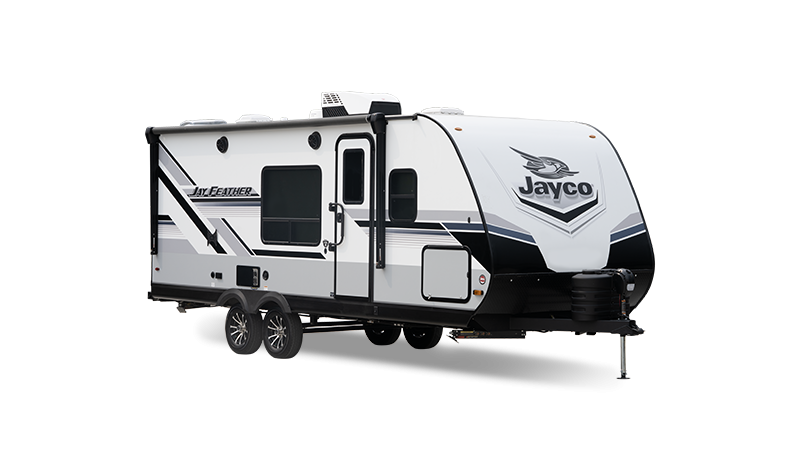
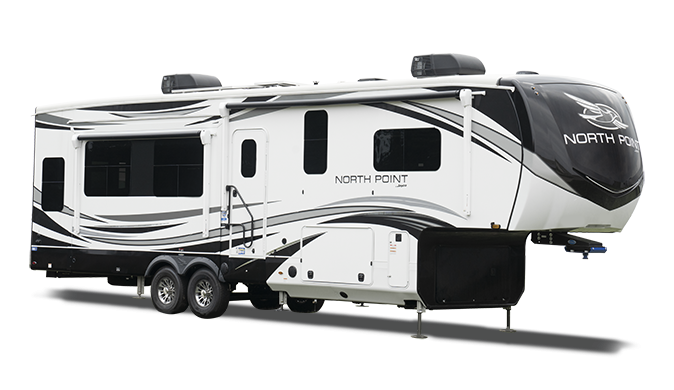
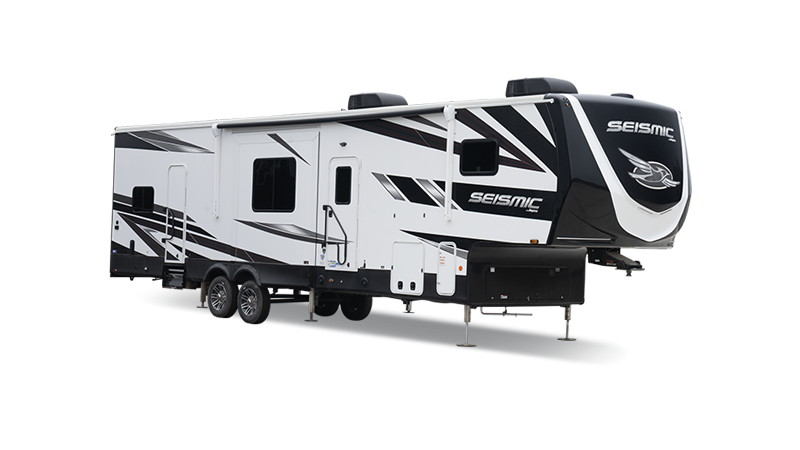
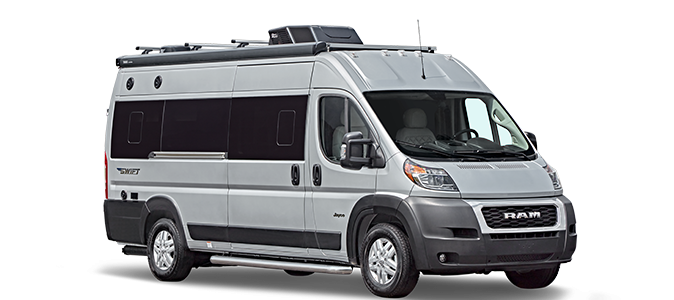
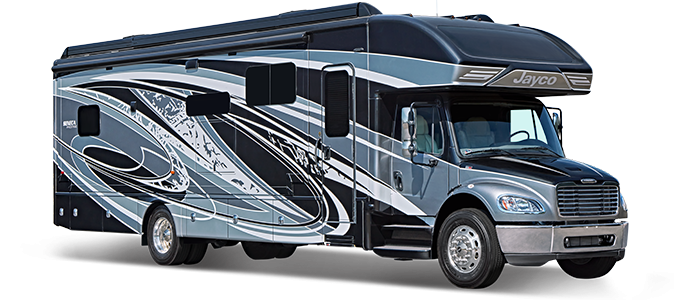
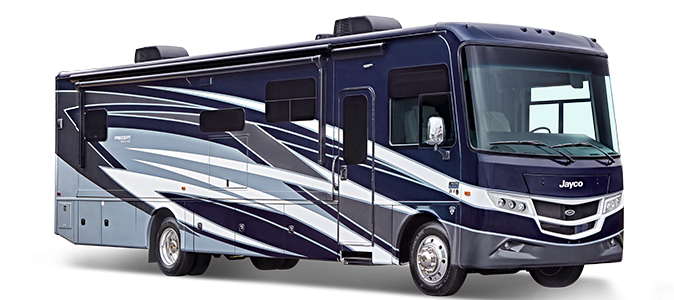
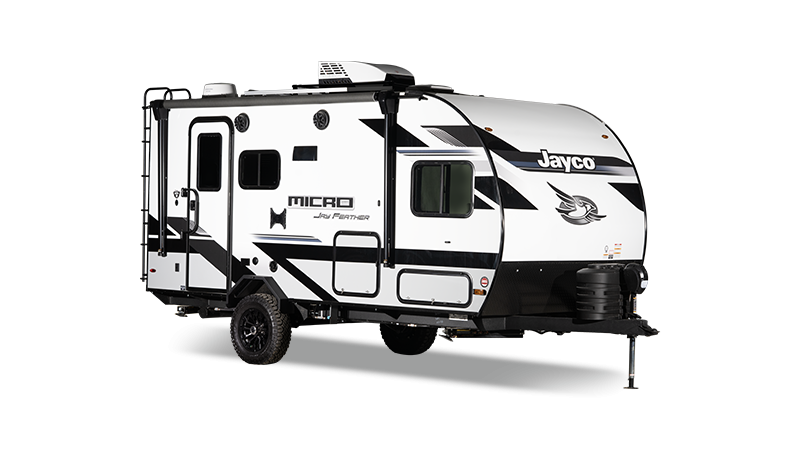
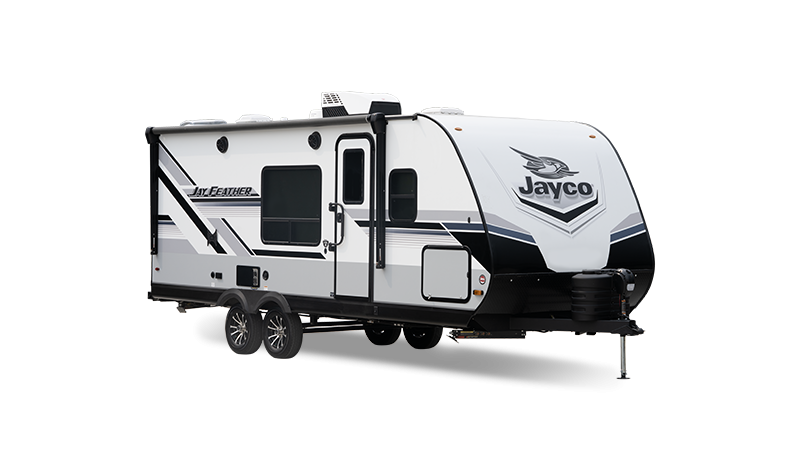
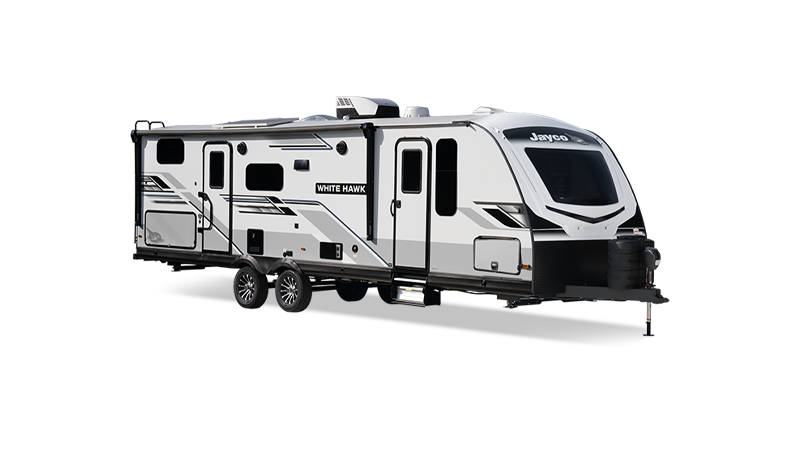
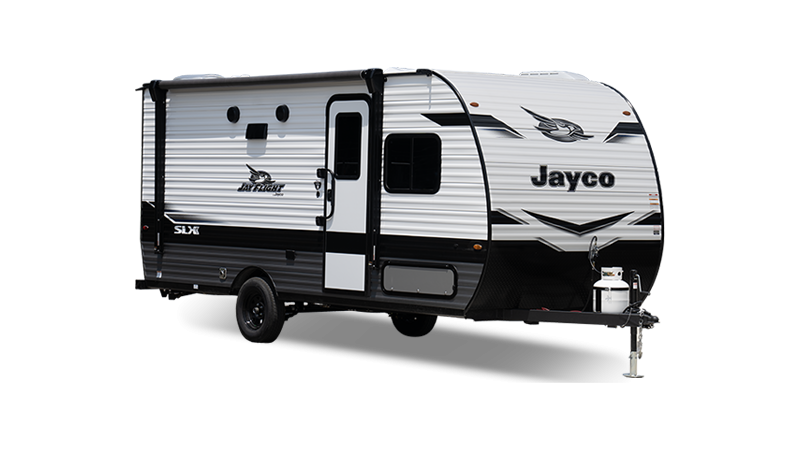
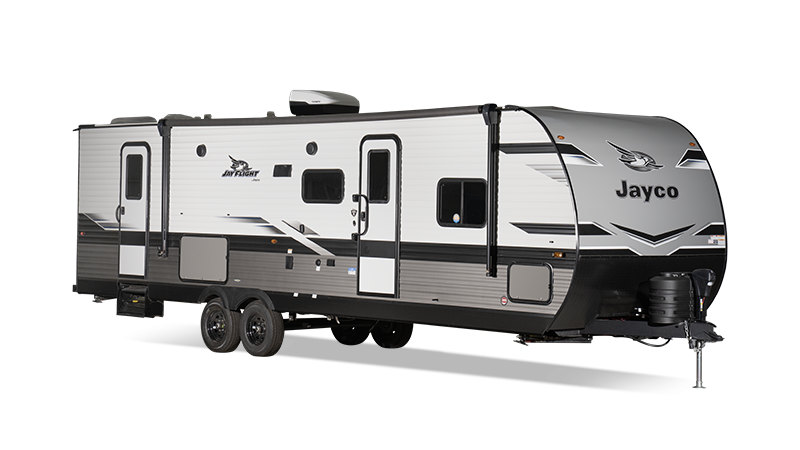
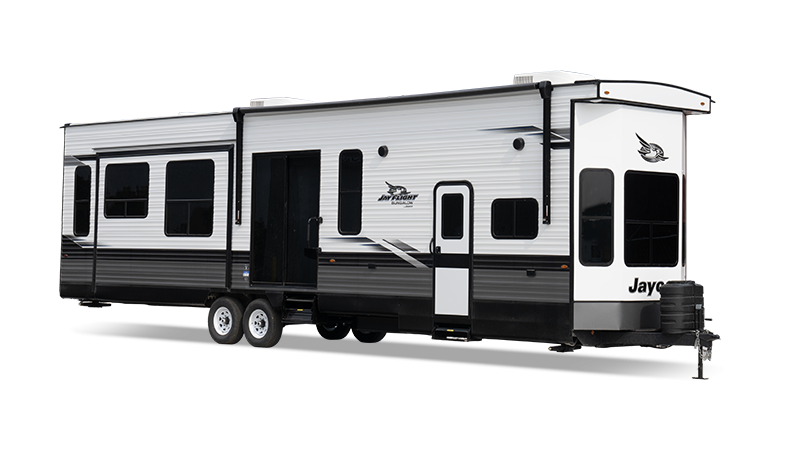
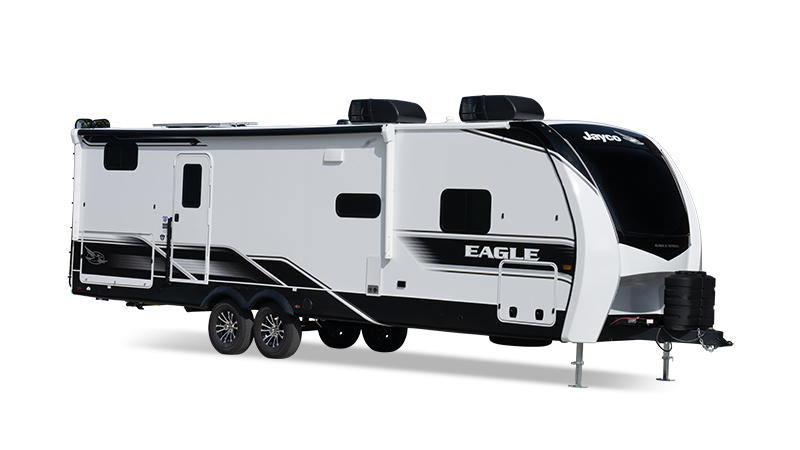
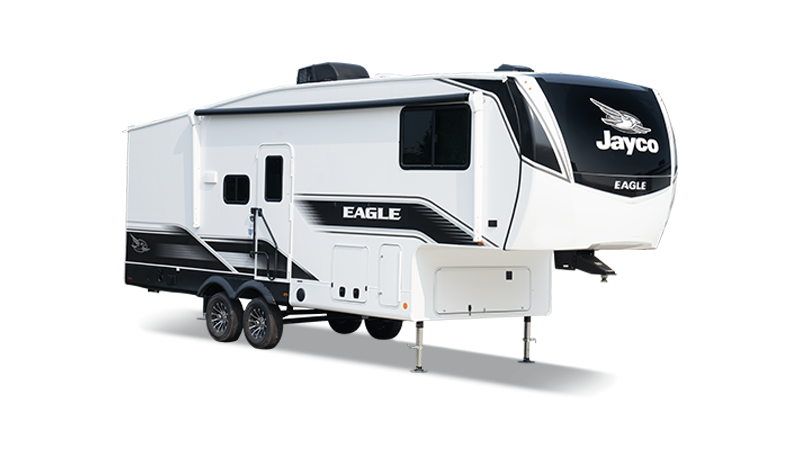
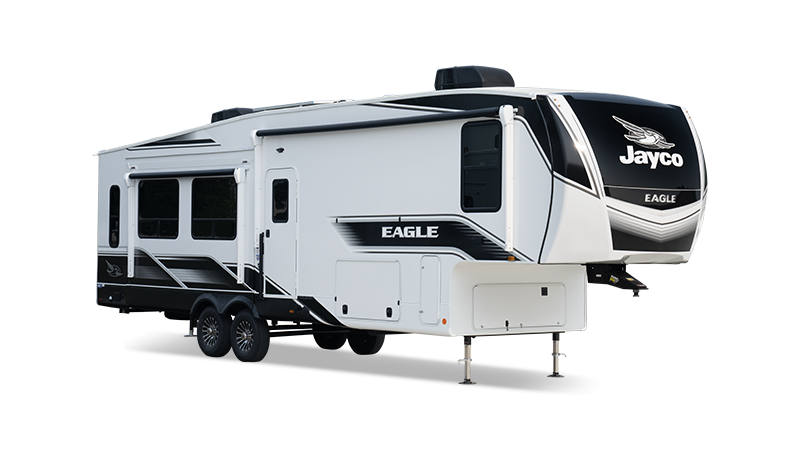

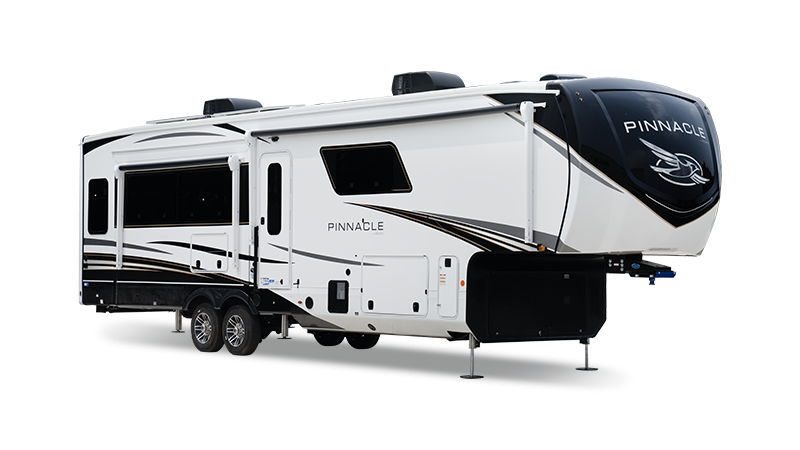
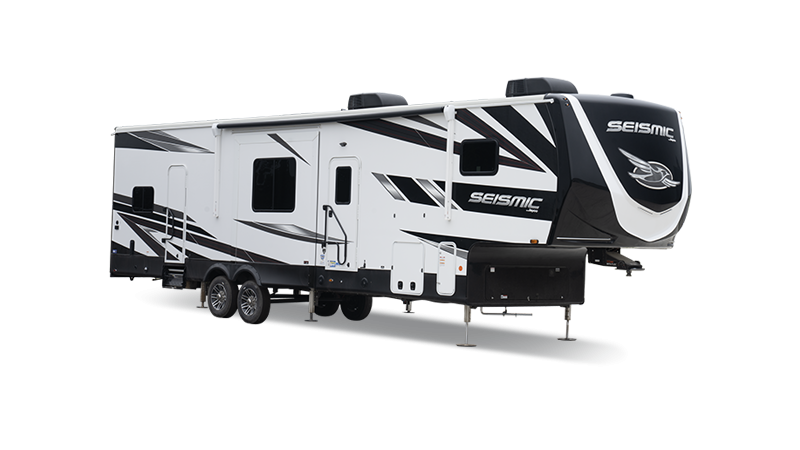
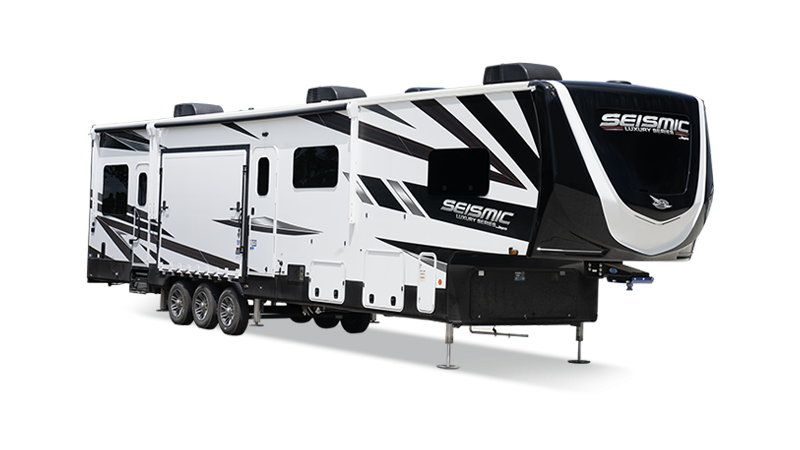
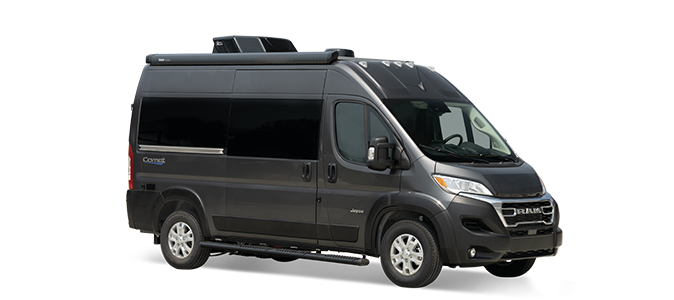
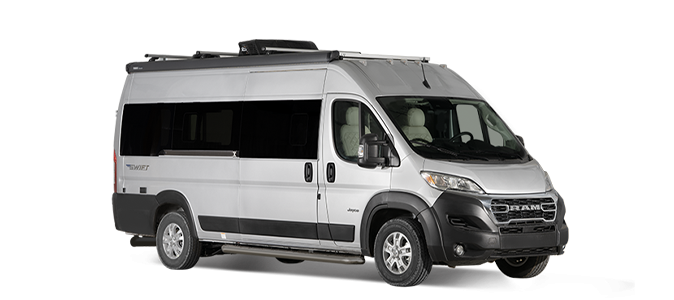
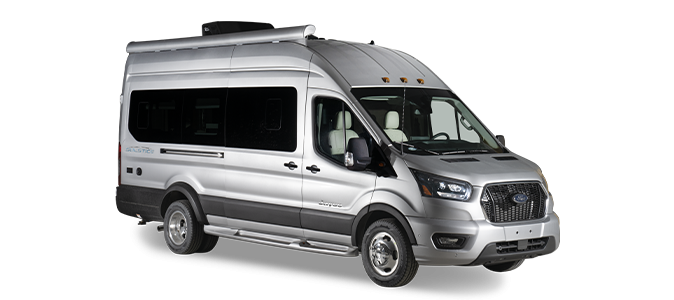
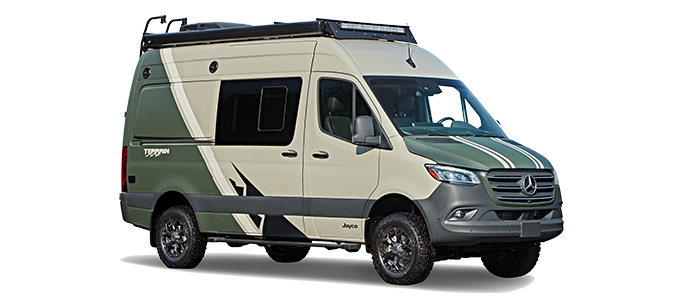
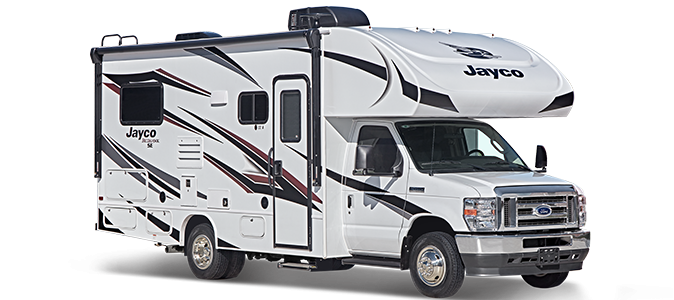
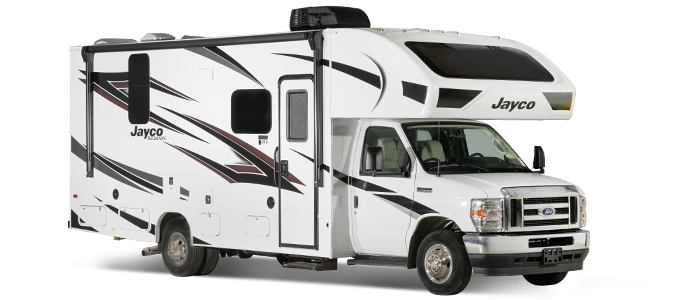
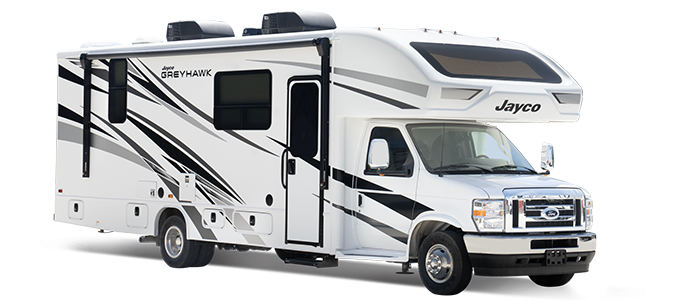
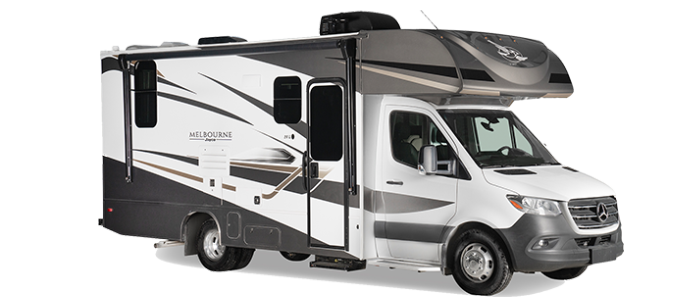
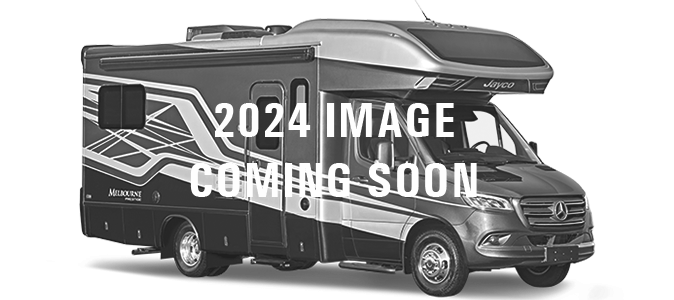
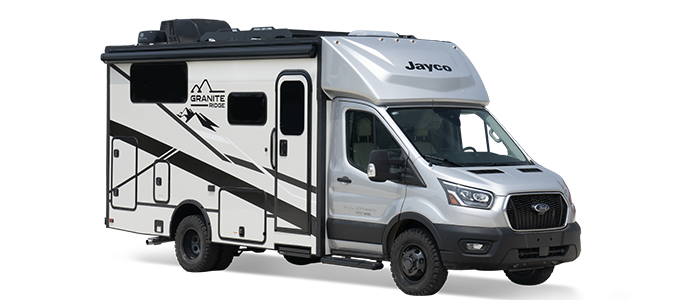
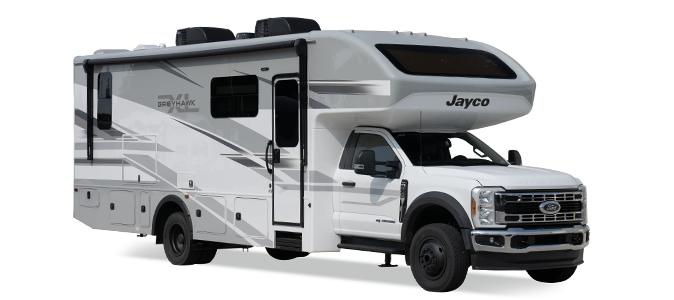
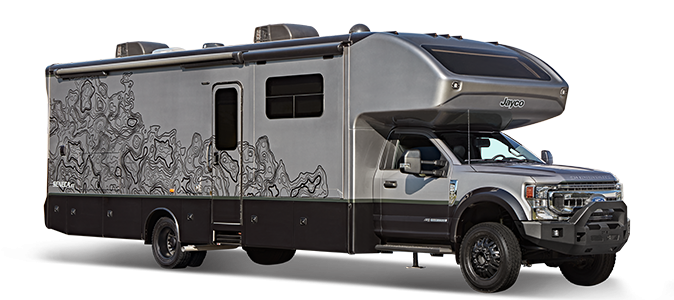
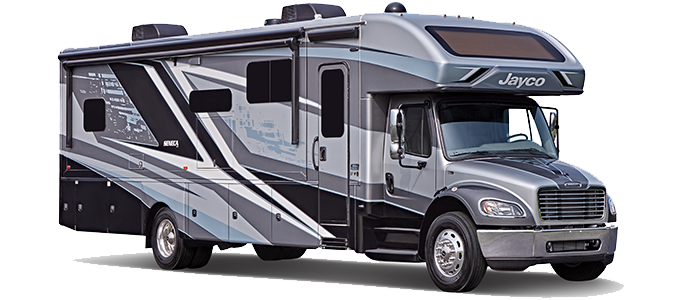
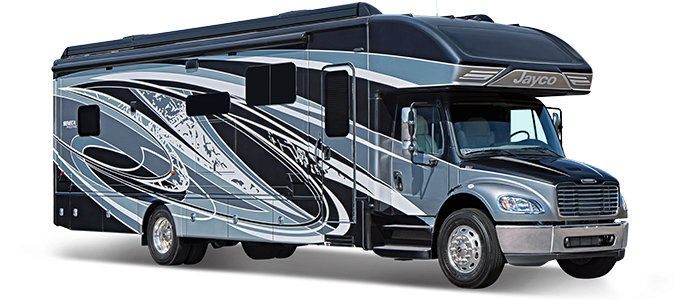
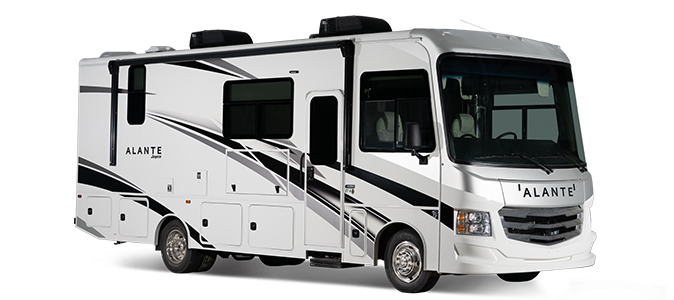
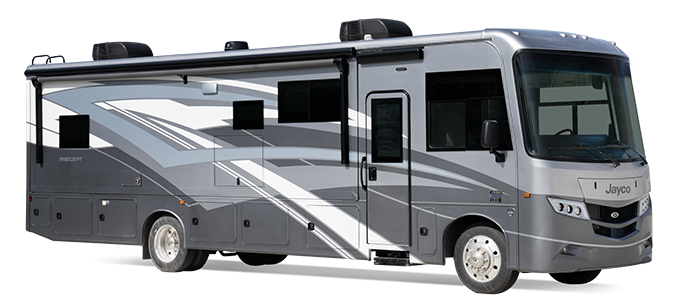
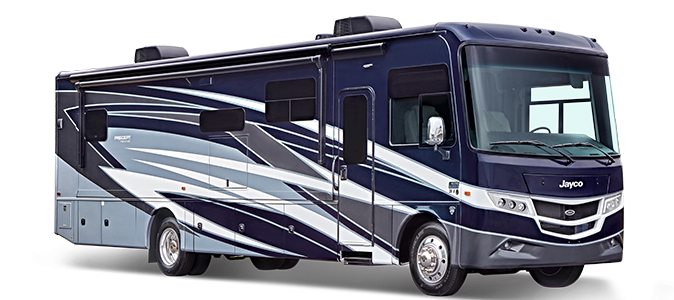
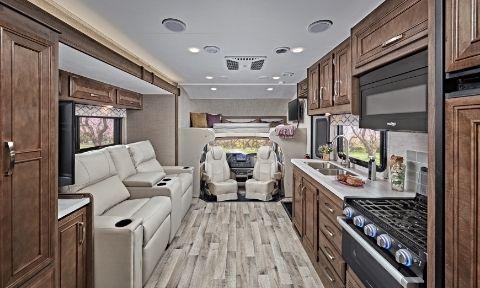
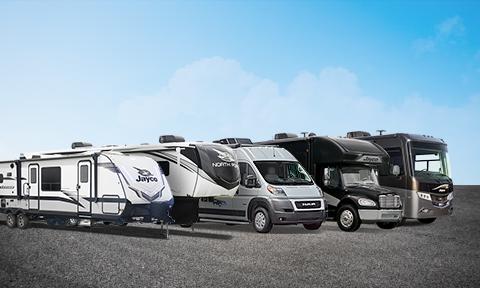
.png)
.png)
